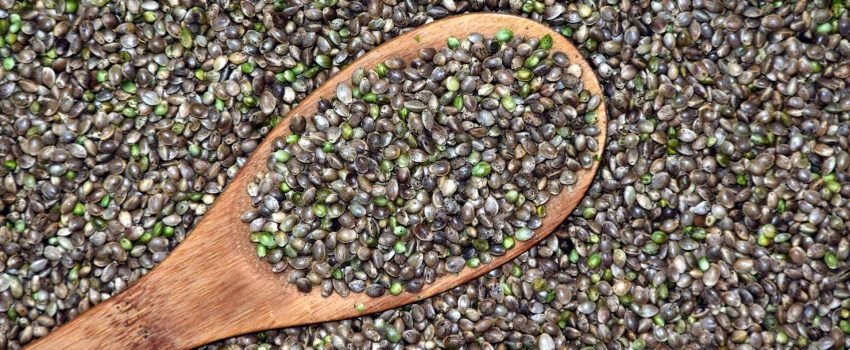Several U.S. banking regulators released a joint statement on December 3, 2019 recommending that the hemp industry be treated the same as other finance customers, and not as a marijuana-related business.
Due to the fact that hemp is not categorized as a Schedule I controlled substance per the Controlled Substances Act, financial institutions do not have to complete a Suspicious Activity Report (SAR) on clients merely because their business is focused on hemp production, as long as said production is compliant with all regulatory requirements.
Pursuant to the Farm Bill that was signed into law late last year, hemp was removed from the controlled substances list, and hemp production entities are no longer under the purview of the tight regulatory mandates of the Controlled Substances Act. Theoretically, this will permit hemp businesses to fully access the entire scope of financial services nationwide. Realistically, however, the majority of the banking industry have expressed hesitancy in servicing this niche clientele. Accordingly, for the majority of 2019, the hemp industry as a whole has struggled to acquire basic financial services.
Hemp plants have substantially less tetrahydrocannabinol (THC), the active chemical component that gives the substance its mind-altering characteristics when used, than marijuana plants. Different parts of the hemp plant can be utilized for a variety of products, including paper, fabric, and oils.
Despite the fact that the Farm Bill was passed last year, the hemp industry has failed to gain any significant traction due to limited access to the financial sector. In response to pressure from congressmen and the collective hemp industry, the Federal Reserve, the Federal Deposit Insurance Company (FDIC), the Financial Crimes Enforcement Network (FinCEN), along with several state and federal regulatory agencies have jointly released guidelines called “Providing Financial Services to Customers Engaged in Hemp-Related Businesses”. The guidelines state that they are being issued to “provide clarity regarding the legal status of commercial growth and production of hemp and relevant requirements for banks under the Bank Secrecy Act (BSA) and its implementing regulations.” The guidelines specifically provide that financial institutions may work with hemp businesses that are compliant with applicable law.
While there will be several notable challenges with the practical implementation of these parameters, the guidance is a positive indication for the rapidly growing hemp industry.
The newly issued joint guidance additionally states that there will be future FinCEN directives pertaining to this subject, which will offer further assurances to a financial sector that has thus far been hesitant to offer their full range of services to the hemp industry.
Although banks are still mandated to submit SARs for marijuana clients, the rate of those reports being filed appeared to stabilize over the course of the last quarter. This could potentially be related to growing expectations within the industry regarding the possible implementation of a bipartisan bill that would protect banks with marijuana corporations on their books from facing federal regulatory actions. While the House signed off on this measure in September, it took longer than anticipated, and it’s possible the financial industry is waiting to accept new marijuana customers until the Senate takes action.






